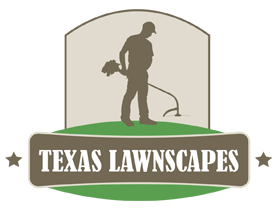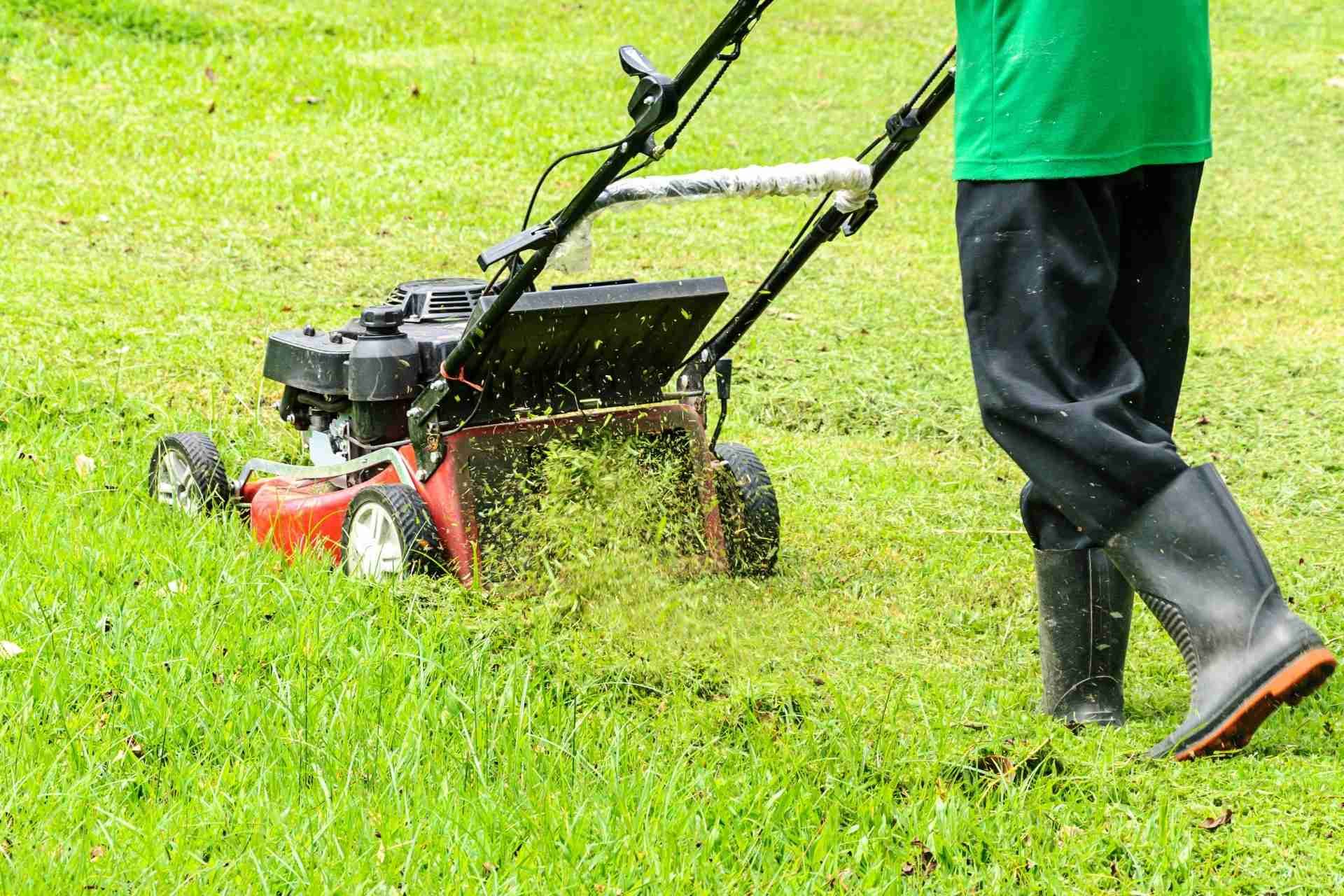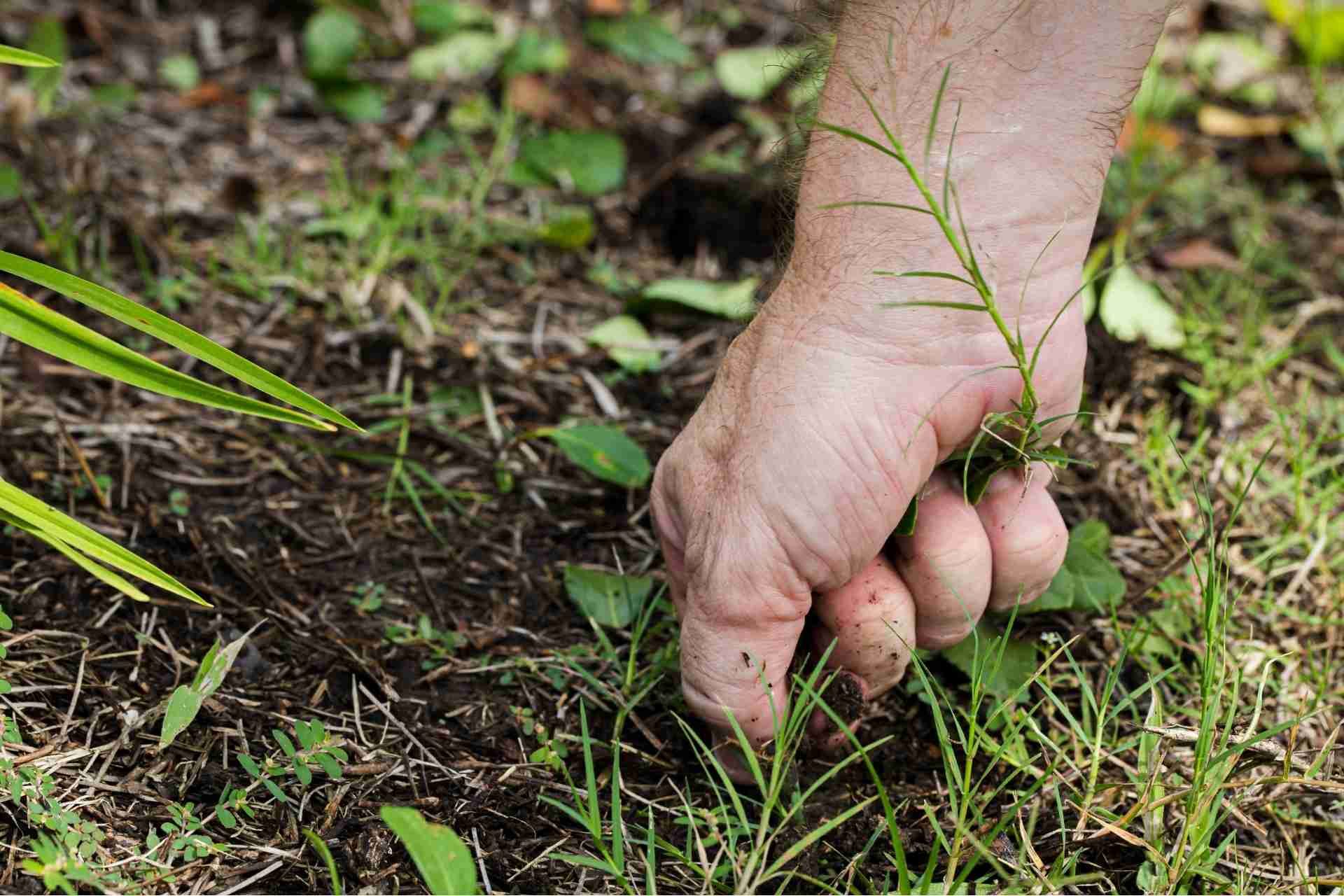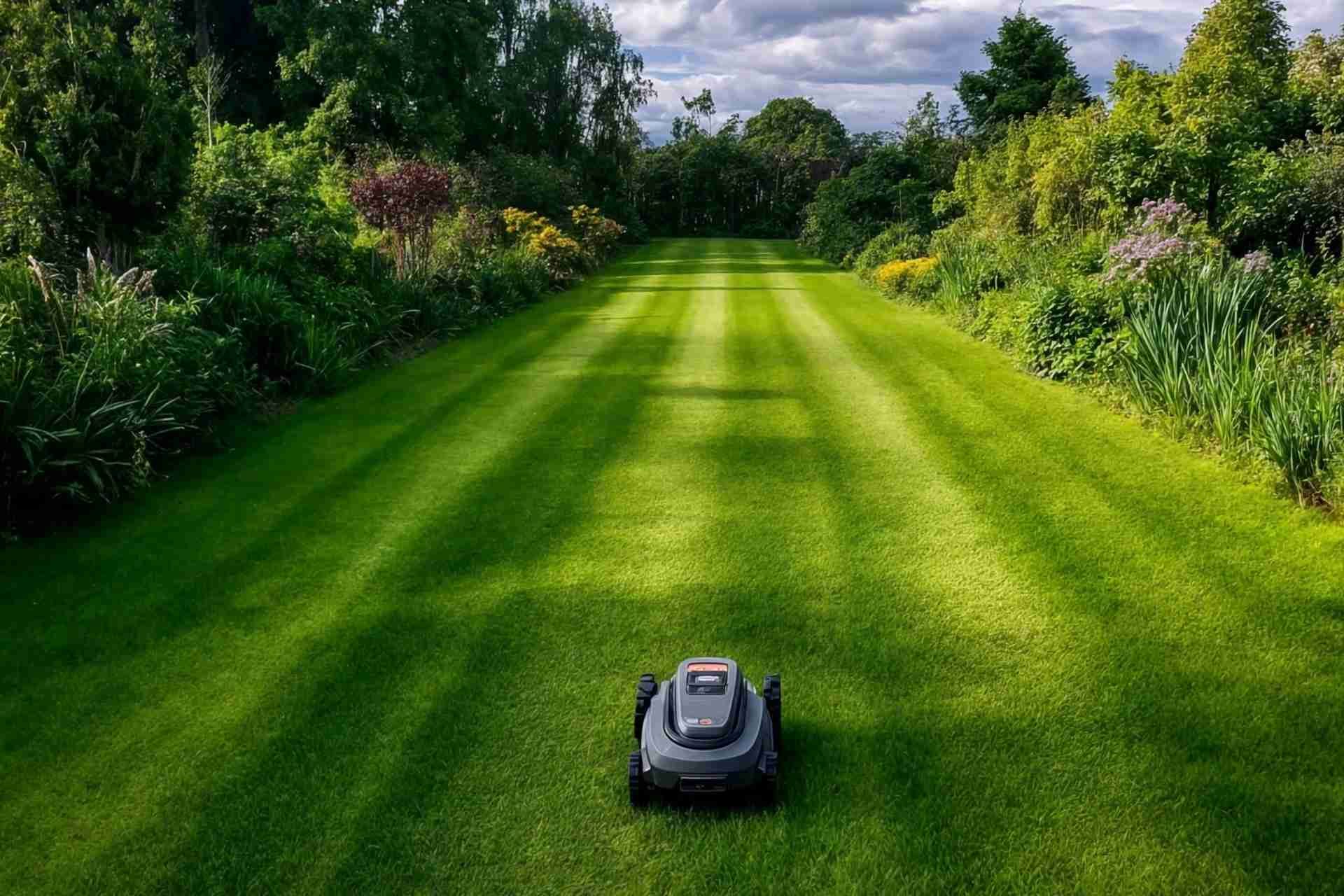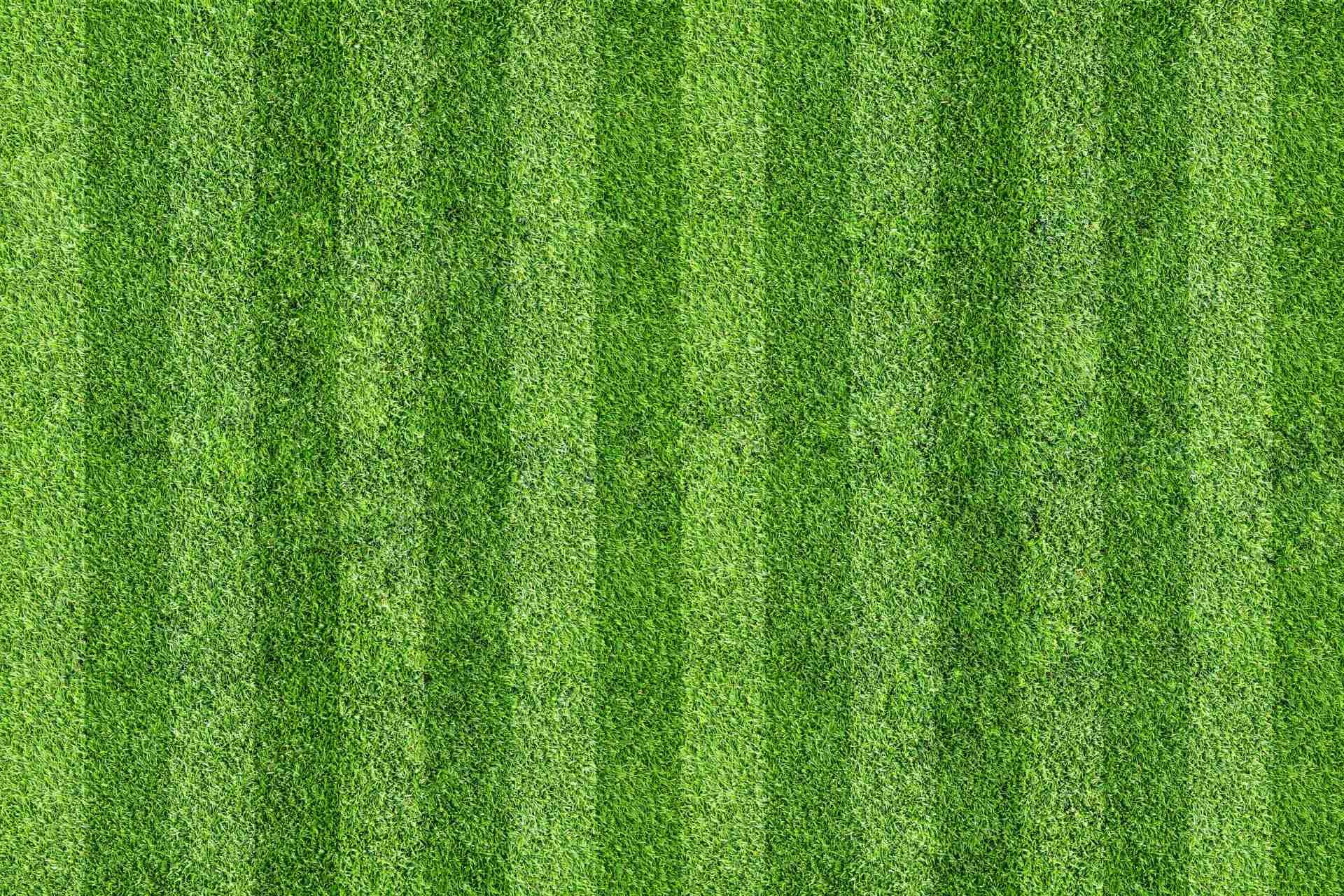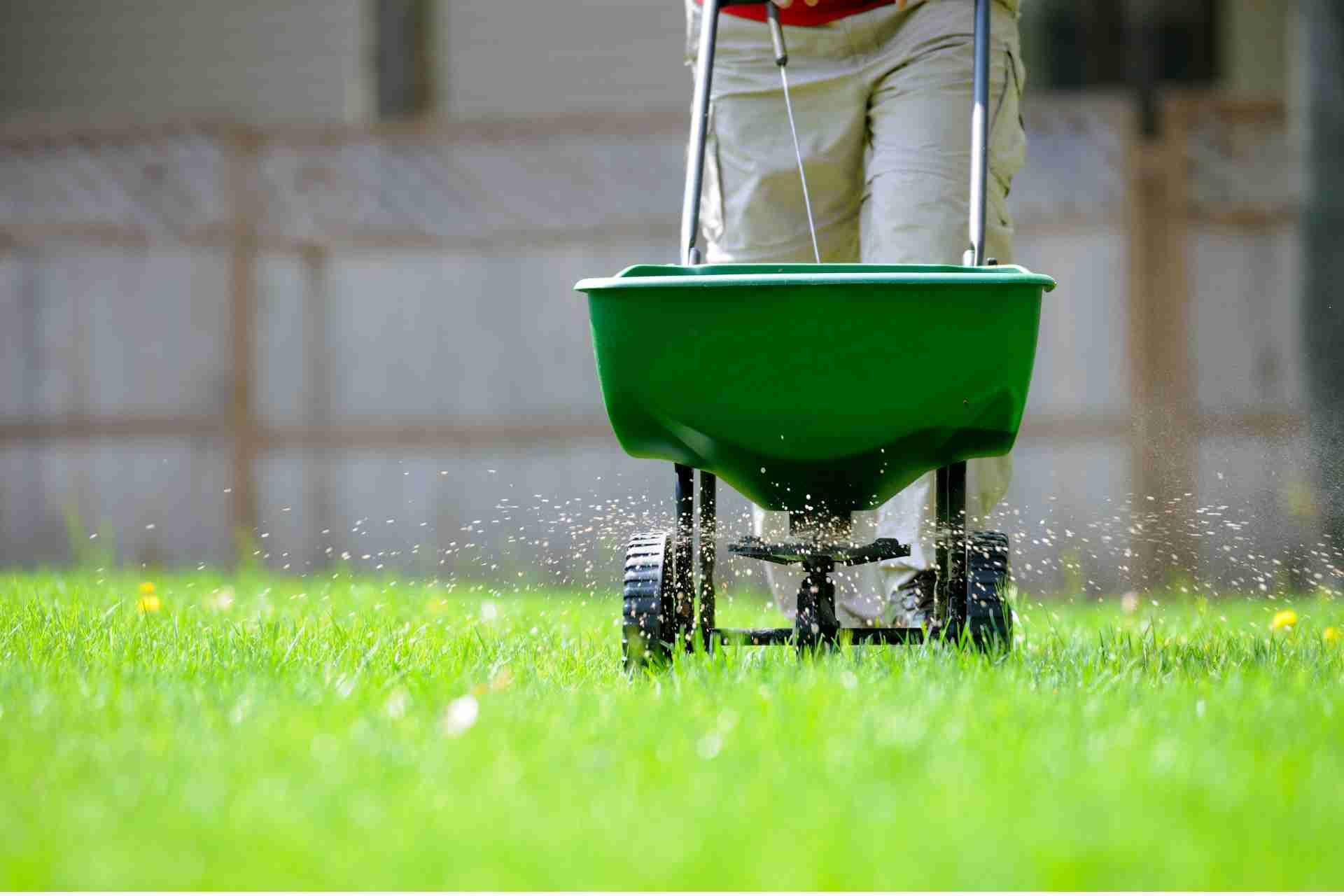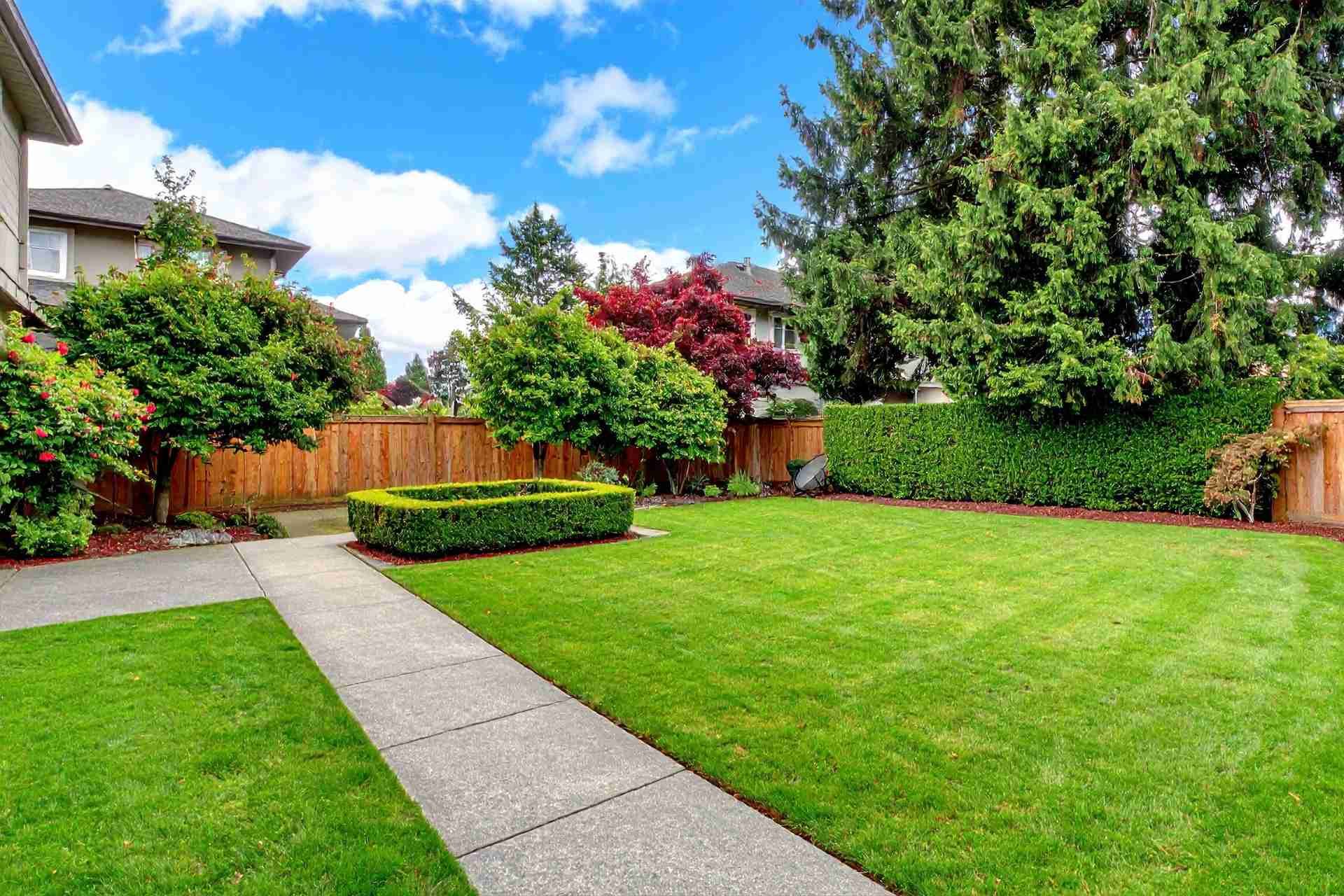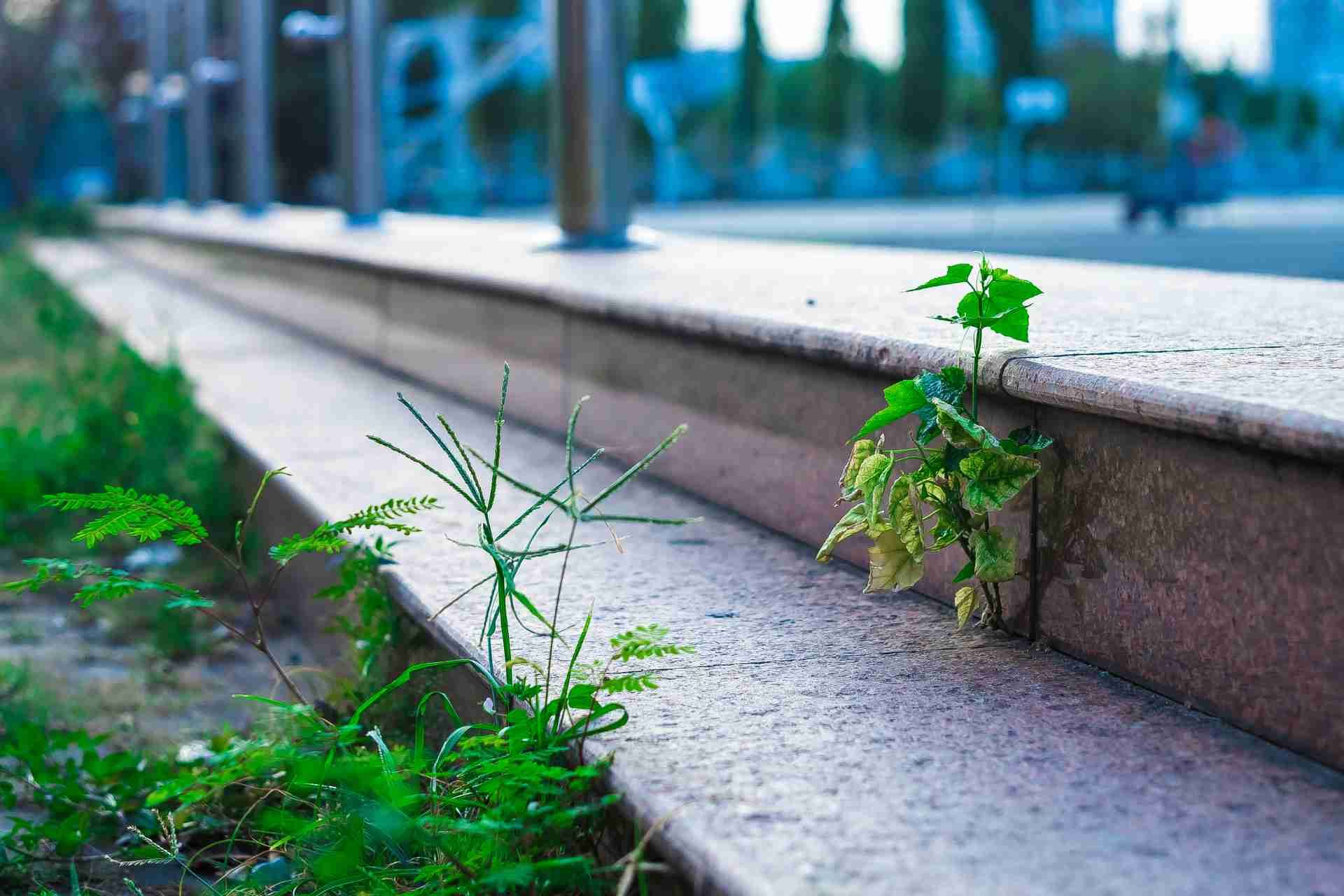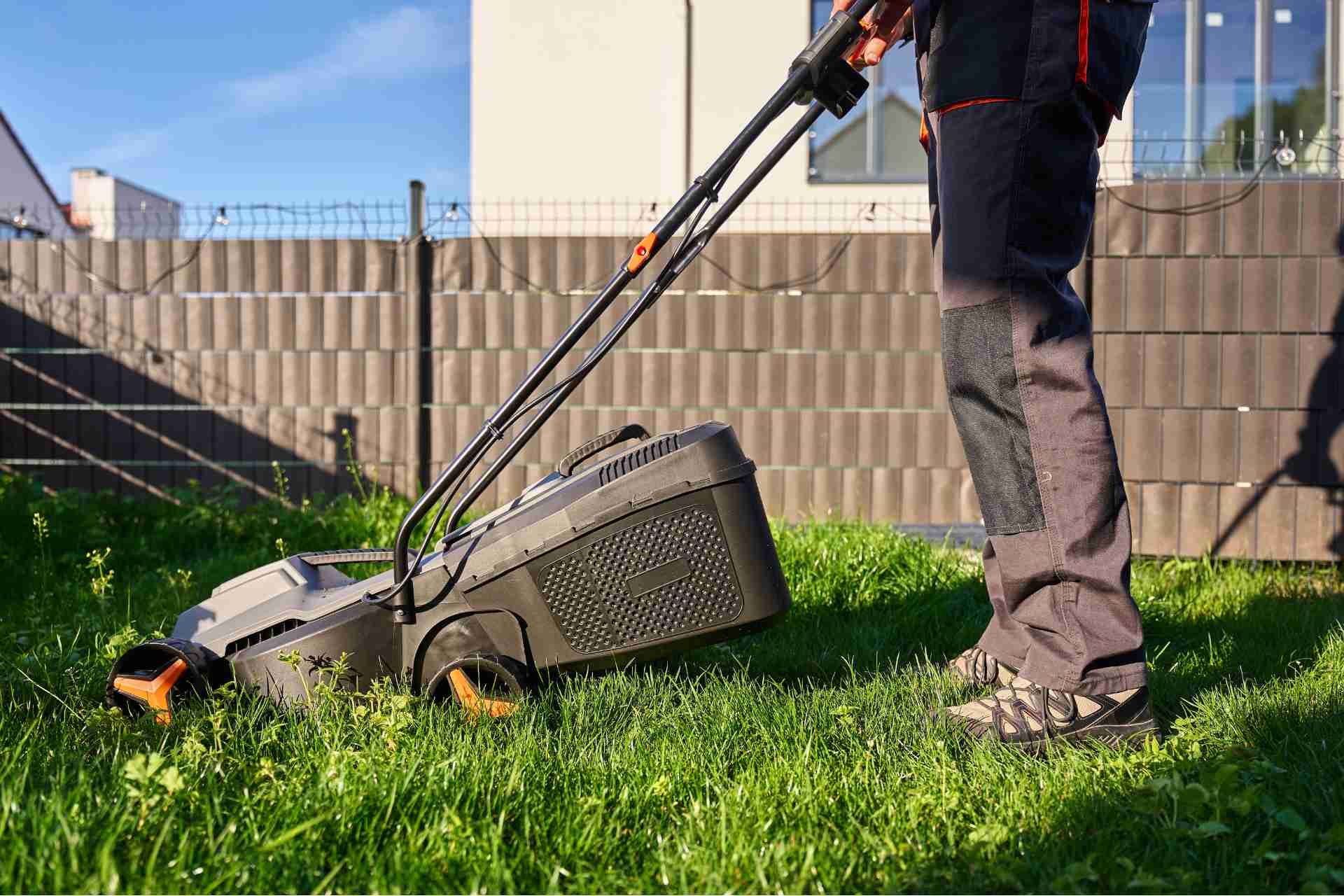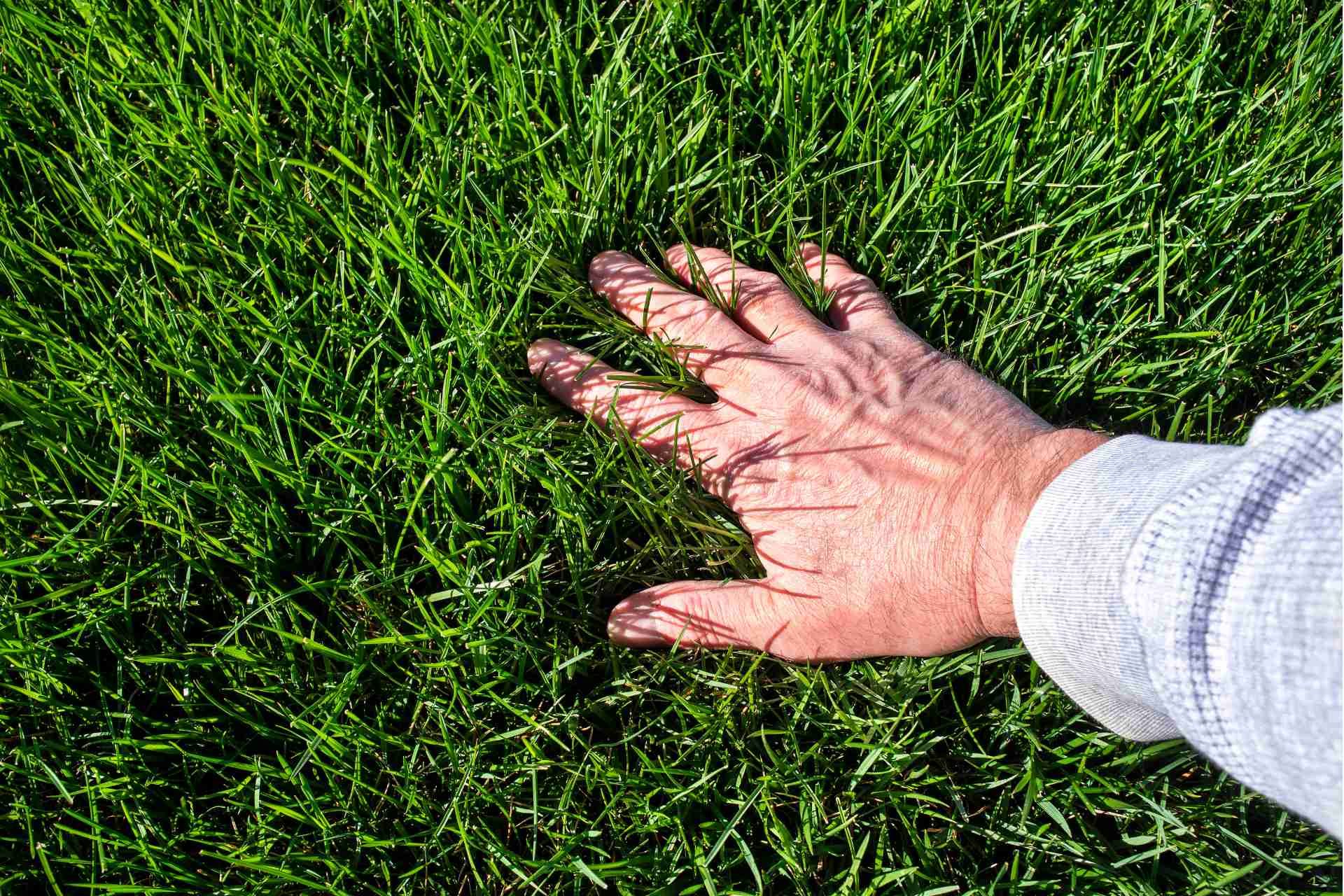Why Do You Need Mulch
Mulch may seem like a small detail in gardening or landscaping, but its benefits can have a big impact on the health and beauty of your outdoor spaces. Many people underestimate the importance of mulch, but it serves several important functions that can help your plants thrive.
Mulch is a versatile material that serves a variety of purposes in your garden or landscaping. From retaining moisture to suppressing weeds, mulch plays a crucial role in maintaining a healthy and beautiful outdoor space.
In this blog post, we will discuss why mulch is a crucial element in any garden or landscape design.
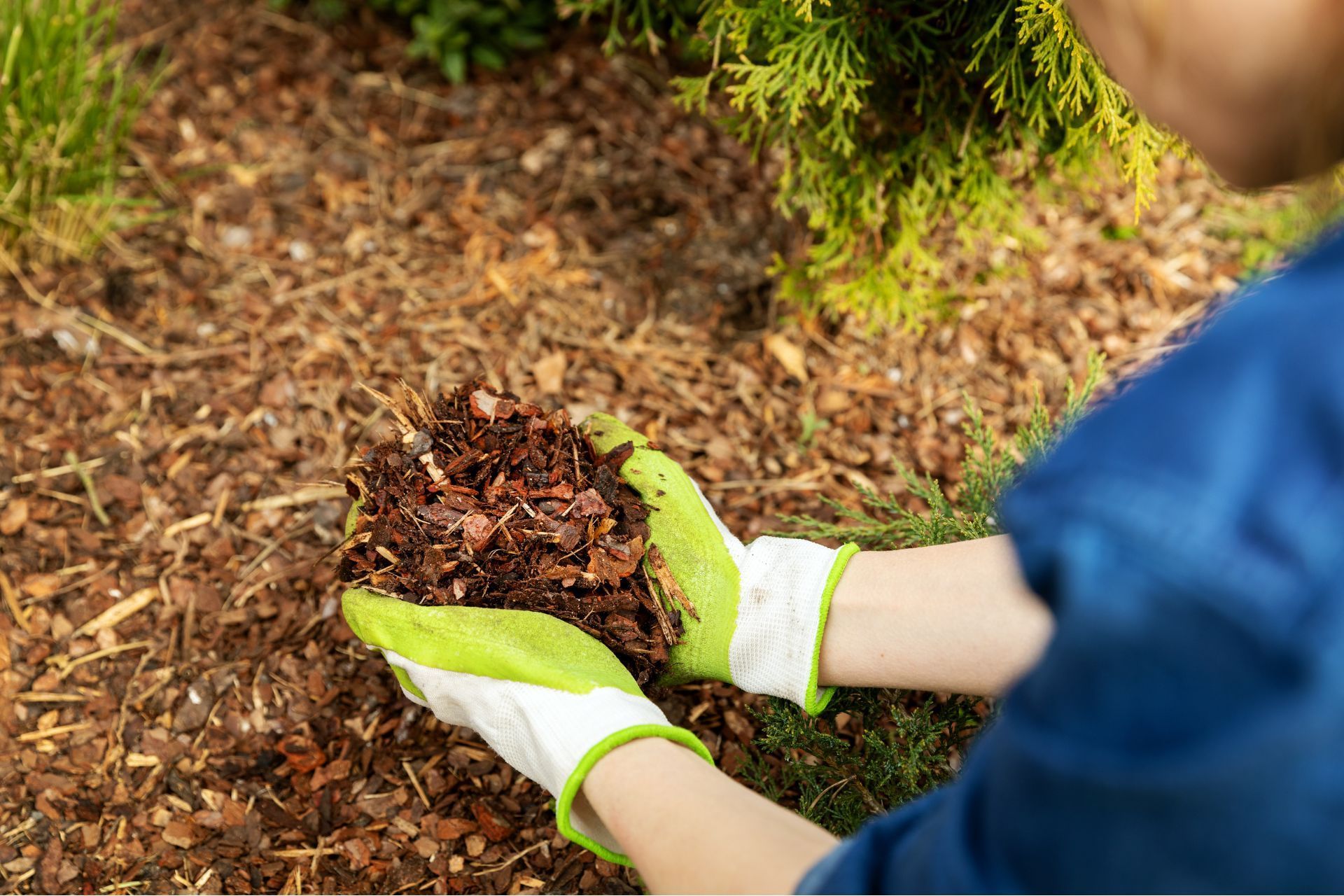
What is Mulch
Mulch is a widely-used gardening material that has a variety of benefits for your plants and soil. It's essentially a protective covering placed around plants and over bare soil to help retain moisture, suppress weeds, and regulate soil temperature. While mulch can come in many forms, such as wood chips, bark, leaves, straw, or even rubber, the main purpose is to improve the health of your garden.
Why Do You Need Mulch
Soil Moisture retention
One of the most important functions of mulch is its ability to retain moisture in the soil. By acting as a barrier between the soil and the sun, mulch helps to reduce evaporation and keep the roots of your plants hydrated. This is especially helpful during hot summer months when water is scarce and drought conditions are prevalent.
Weed suppression
Mulch helps to smother out weeds by blocking sunlight and preventing weed seeds from germinating. This can save you time and effort in the long run by reducing the need for frequent weeding. Additionally, mulch provides a barrier between the soil and airborne weed seeds, preventing them from taking root.
Soil temperature regulation
Mulch acts as an insulating layer, helping to regulate soil temperature throughout the year. In the summer, mulch keeps the soil cool and prevents it from overheating, while in the winter, it helps to protect roots from freezing temperatures. This promotes healthy root growth and overall plant health.
Erosion control
Mulch helps to prevent soil erosion by reducing the impact of raindrops on the soil surface. By creating a protective layer over the soil, mulch helps to stabilize the ground and prevent erosion from occurring. This is especially important on slopes or in areas that are prone to runoff.
Aesthetic appeal
In addition to its practical benefits, mulch also enhances the aesthetic appeal of your garden or landscaping. Mulch comes in a variety of colors and textures, allowing you to choose a type that complements your plants and adds visual interest to your outdoor space.
Different Types of Mulch
With so many options available, choosing the right type of mulch for your gardening needs can be overwhelming. Here, we'll go over some of the most common types of mulch to help you make an informed decision.
Organic mulch
Organic mulch is made from natural materials such as wood chips, bark, leaves, and grass clippings. This type of mulch breaks down over time, adding valuable nutrients to the soil. Organic mulch is especially beneficial for flower beds and vegetable gardens, where it can improve soil structure and promote healthy plant growth.
Inorganic mulch
Inorganic mulch is made from materials such as stones, gravel, and landscape fabric. While inorganic mulch doesn't break down like organic mulch, it still serves as an effective weed barrier and helps retain moisture in the soil. Inorganic mulch is a great option for areas that receive a lot of foot traffic, as it won't degrade over time.
Rubber mulch
Made from recycled rubber tires, rubber mulch is a popular choice for playgrounds and other high-traffic areas. Rubber mulch is durable and long-lasting, making it a cost-effective option for areas that need frequent replenishing. However, some experts caution that rubber mulch may leach harmful chemicals into the soil over time, so it's important to do your research before using it in your garden.
Pine straw
Pine straw, also known as pine needles, is a popular mulch choice in Southern gardens. Pine straw is lightweight, easy to spread, and adds a natural, rustic look to landscaping. It also breaks down slowly, making it a long-lasting mulch option. Pine straw is particularly well-suited for acid-loving plants like azaleas and rhododendrons.
Cocoa mulch
Made from cocoa bean shells, cocoa mulch is a fragrant and attractive mulch option for flower beds and gardens. Cocoa mulch breaks down quickly and adds valuable nutrients to the soil, making it a great choice for enriching the earth. However, cocoa mulch is toxic to dogs if ingested, so it's important to keep pets away from areas where it is used.
Call Texas Lawnscapes
At Texas Lawnscapes, we offer professional mulching services to help maintain and improve the health and aesthetics of your outdoor spaces. Our team of experts has the knowledge and experience to properly assess your landscaping needs and provide the best mulching solutions for your specific situation.
Contact Texas Lawnscapes today to schedule your mulching service and take your yard to the next level.
